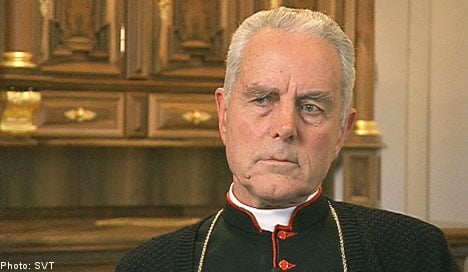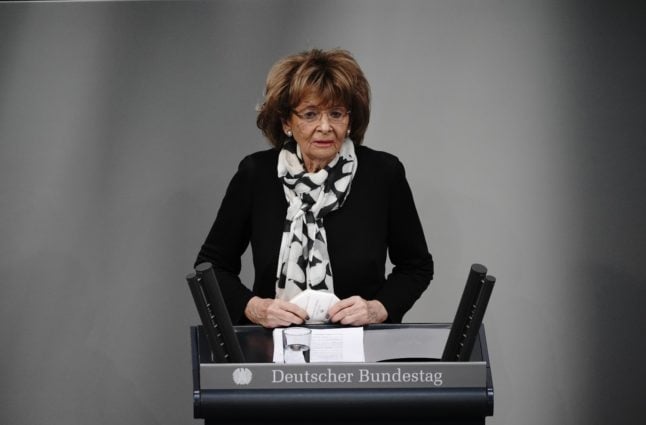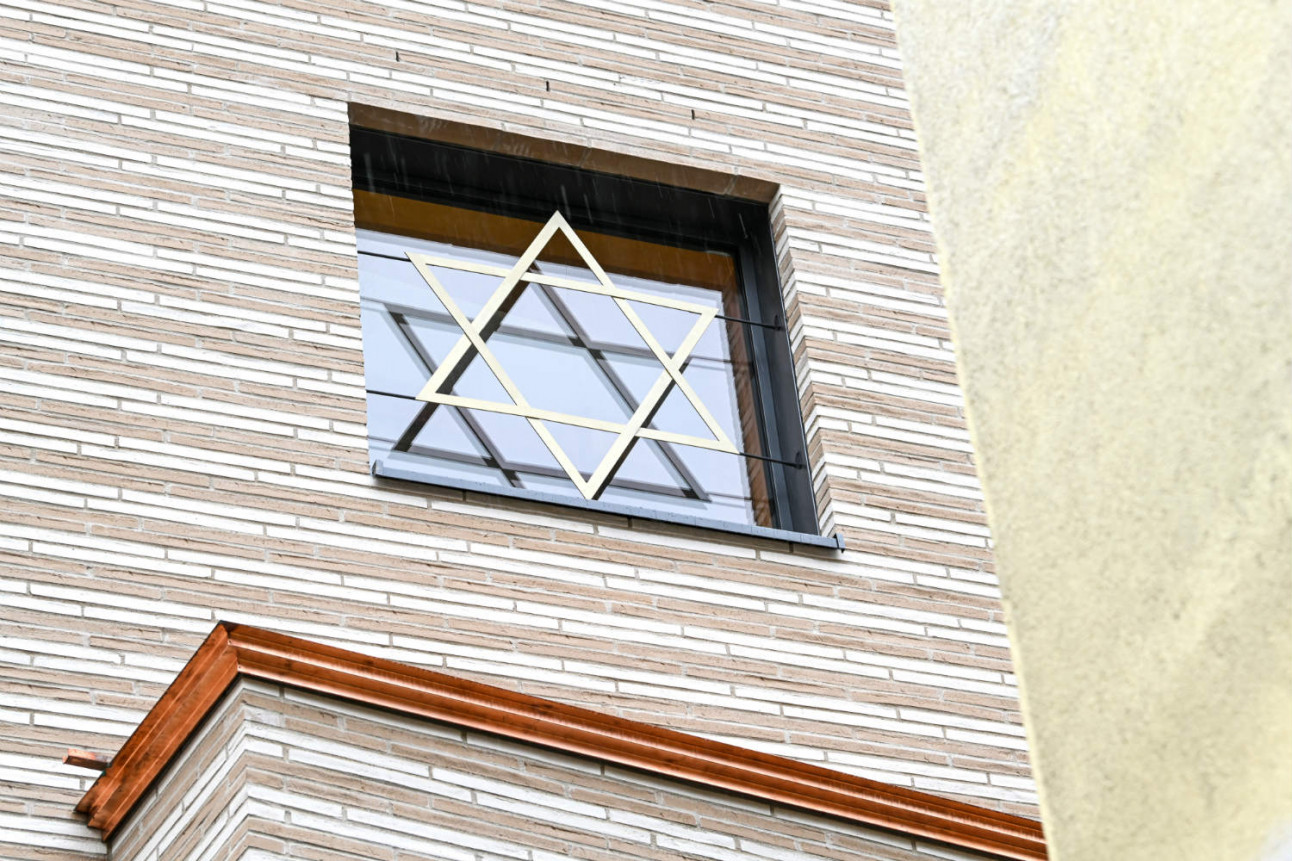The conservative bishop, Richard Williamson, 70, was convicted by a court in the southern German city of Regensburg of inciting racial hatred for stating in an interview with Sveriges Television (SVT) aired in January 2009 that only “200,000 to 300,000 Jews perished in Nazi concentration camps.”
He also denied the Nazis had used gas chambers.
“The statements by the accused represent a denial of the actions taken under the National Socialist regime,” said presiding judge Karin Frahm.
“Bishop Williamson must have assumed that his remarks would draw attention. Williamson knowingly accepted that attention.”
The high-profile proceedings opened Friday without Williamson after his breakaway ultra-conservative Catholic fraternity ordered him not to testify, but he acknowledged the offending comments in a statement read in court.
Williamson gave the interview to the Swedish television crew in Regensburg, prompting Frahm to rule that Germany’s strict laws against disputing the Nazi slaughter of six million Jews during World War II applied to the case.
He was fined €12,000 earlier this year over the same case but refused to pay, which resulted in the trial.
The Saint Pius X Society, a Swiss-based Catholic fraternity, appointed Williamson a bishop without the pope’s blessing after it broke away from Rome over the Vatican II reforms introduced in 1965.
Among the reforms rejected by the organisation was a declaration called Nostra Aetate, which ended a Church doctrine by which the Jews were held responsible for killing Jesus Christ.
Pope Benedict XVI unleashed a deluge of criticism last year for reversing the excommunication of Williamson and three other Saint Pius X Society bishops in a bid to bridge the rift with the fraternity.
Williamson’s interview, given in Regensburg in November 2008, was broadcast in January 2009, the day after the papal decree lifting his excommunication, but two days before the pope’s decision was made public.
The bishop had also made similar assertions in the past, dismissing records of millions killed in gas chambers as “lies, lies, lies.”
The case prompted a rare comment on religious matters by German Chancellor Angela Merkel, who called on Pope Benedict to “clarify unambiguously that there can be no denial” the Nazis killed six million Jews.
The German pope later admitted mistakes in his handling of the case, saying he was unaware of Williamson’s latest remarks and stressed that it was “intolerable” to dispute the facts of the Holocaust.
In April 2009 the then Swedish Chancellor of Justice (Justitiekanslern – JK), Göran Lambertz, denied a request by the German authorities to require SVT journalists to testify in the case.
The Chancellor of Justice, a prosecutor dedicated solely to the area of freedom of expression in Sweden, said that as Williamson had not committed any offence in Sweden he enjoyed full freedom of expression when interviewed.
“For Swedish journalists, it is a foreign concept that interviewees could be held responsible for what they say. It is also unimaginable that the journalist himself would testify about what was said or done,” Lambertz, who has since been replaced as JK by Anna Skarhed, said at the time.




 Please whitelist us to continue reading.
Please whitelist us to continue reading.
Member comments